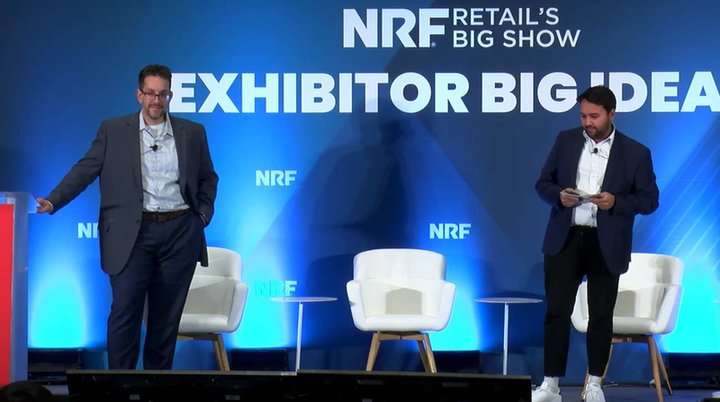In a transformative move within the retail sector, REMA 1000, a leading Norwegian grocery chain, has recently redefined the competitive landscape through its strategic implementation of intra-day dynamic pricing. This innovative approach, facilitated by Revionics, a global leader in retail pricing technology, positions REMA 1000 at the forefront of price perception improvement and real-time profit maximization.
Matthew Pavich, Sr. Director of Retail Innovation at Revionics, opened the discussion by emphasizing the company's dedication to advancing retail pricing strategies through AI-driven solutions. Revionics, known for its robust pricing platform, has empowered 12 of the top 50 global retailers, including five of the top 10 grocers, to navigate the dynamic retail market successfully. "Our AI enables us to price beyond the price level, tackling unique challenges across the retail lifecycle," Matthew stated, highlighting the significant profit lifts and enhanced customer perceptions achieved by their clients.
The spotlight, however, was on Partap Sandhu, Head of Pricing at REMA 1000, who delved into the specifics of REMA 1000's journey towards becoming the price image leader in Norway's highly competitive grocery sector. With 675 stores and a 23.5% market share, REMA 1000's strategy revolves around simplicity, efficiency, and customer obsession. "Low prices drive our market leadership," Partap shared, explaining how dynamic pricing and real-time data collection from competitors fuel their competitive edge.
REMA 1000 leverages Revionics' platform and electronic shelf labels (ESL) to make hundreds of price changes daily, ensuring they remain competitive. "We prioritize pricing changes based on strategy to maximize returns," Partap noted, detailing the process from data collection to ESL updates, which astonishingly takes just zero to fifteen minutes. This capability has not only solidified REMA 1000's market position but also enabled the retailer to respond agilely to market dynamics without compromising operational efficiency.
Furthermore, the retailer's focus on sustainability through markdown optimization and expiration date differentiation stands out as a next big leap. The introduction of QR codes and the exploration of AI to optimize markdowns based on expiration dates reflect REMA 1000's commitment to reducing food wastage while maintaining profitability. "Differentiating pricing based on expiration dates is the next big thing for us," Partap revealed, underscoring an innovative approach to sustainability and consumer value.
Matthew and Partap's dialogue also touched on the evolving landscape of retail pricing, from the significance of loyalty program data to the strategic placement of private label products. These insights underscore the intricate balance between competitive pricing, customer perception, and sustainability practices that REMA 1000 navigates through its partnership with Revionics.
In closing, the conversation underscored the critical role of technology and AI in revolutionizing retail pricing strategies. REMA 1000's journey illuminates a path for other retailers aiming to achieve similar success in today's volatile market. Through strategic innovation and a relentless focus on customer needs, REMA 1000 not only enhances its price perception but also sets a benchmark for sustainable and profitable retail practices.
As the retail industry continues to evolve, REMA 1000's pioneering efforts, powered by Revionics' cutting-edge technology, exemplify how embracing digital transformation can lead to remarkable outcomes, both in terms of profitability and customer satisfaction.












